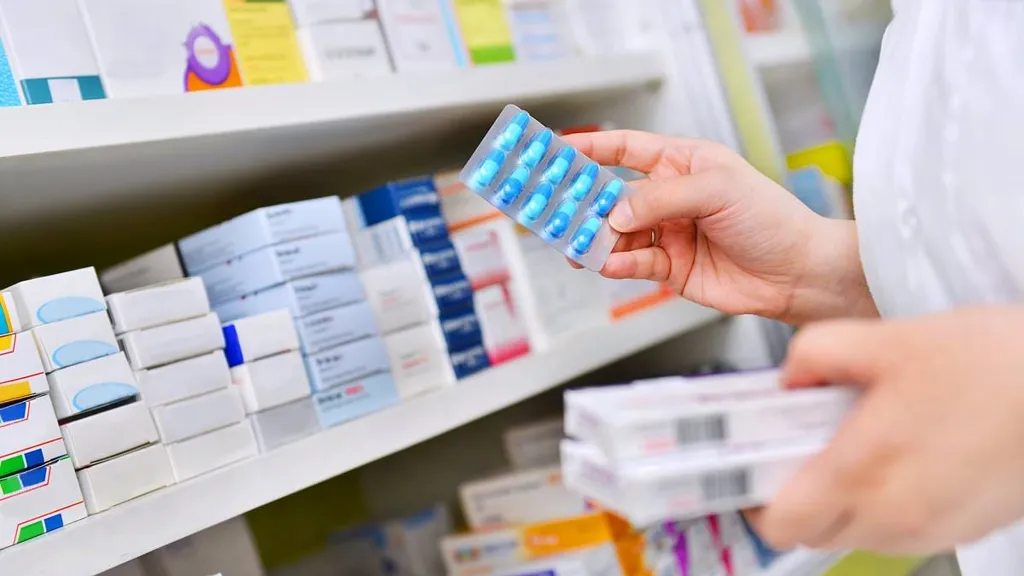Millions of Brits could be at risk of medication-induced depression from taking heartburn pills and a range of other common routine medications.
Proton pump inhibitors (PPIs), a type of medication that helps reduce stomach acid, are one of Britain's most commonly taken medications with over 74 million prescriptions in England alone in 2023. But they are just one of a host of routine medications that could cause symptoms of depression among those who take them.
"PPIs can block anything from 80 per cent upwards of our stomach acid production," Deborah Grayson, pharmacist and expert in PPI medication told MailOnline.
This is because PPIs, two examples being omeprazole and lansoprazole, can stop the body from properly absorbing vitamin B12 -- a vital nutrient found in meat, fish, dairy, eggs and some fortified cereals that keeps the nervous system healthy. A lack of it is a known cause of psychological problems which the NHS says can range from 'mild depression or anxiety to confusion and dementia'.
Leaflets that come with the drugs also acknowledge the risk, urging people to contact their doctor if they start experiencing problems with their memory, confusion or depression while taking it. One small study published in 2017 found about a sixth of cases of depression could be attributed to PPI use.
"This means the amount of nutrition that we can take from the food that we've eaten is reduced. The body needs all our nutrients to be able to generate the 'happy hormone' serotonin -- and if we're not absorbing them from our food, then the body can't create the hormone."
It's this lack of serotonin that can trigger depression and low mood. But PPIs are not the only commonly taken drug linked to depression risk.
Some types of antibiotics have also been linked to low moods. These links are specifically focused on fluoroquinolones such as levofloxacin and ciprofloxacin. Depression risk is acknowledged for both, with the NHS stating it can trigger low mood in about one in every 100 people prescribed ciprofloxacin.
"Antibiotics kill all bacteria... This is why some patients are recommended to take probiotics... following a course."
Anti-seizure drugs like topiramate and gabapentin are known to trigger depression or mood changes in about one in 100 people who take them. Experts suspect these drugs may influence how they suppress electrical activity in the brain and nerves.
Steroids prescribed for conditions like asthma or arthritis have also been linked to depression due to potential influences on brain chemistry related to stress response.
"A GP or pharmacist can intervene... check B12 and folate levels..." she said.
NHS advice states mental health problems linked typically occur when people use steroids longer than three weeks. If you feel depressed consistently for more than two weeks, it's advised by NHS guidelines to speak with your GP especially if symptoms affect work/relationships or include thoughts on suicide/self-harm.
